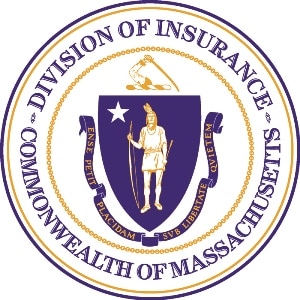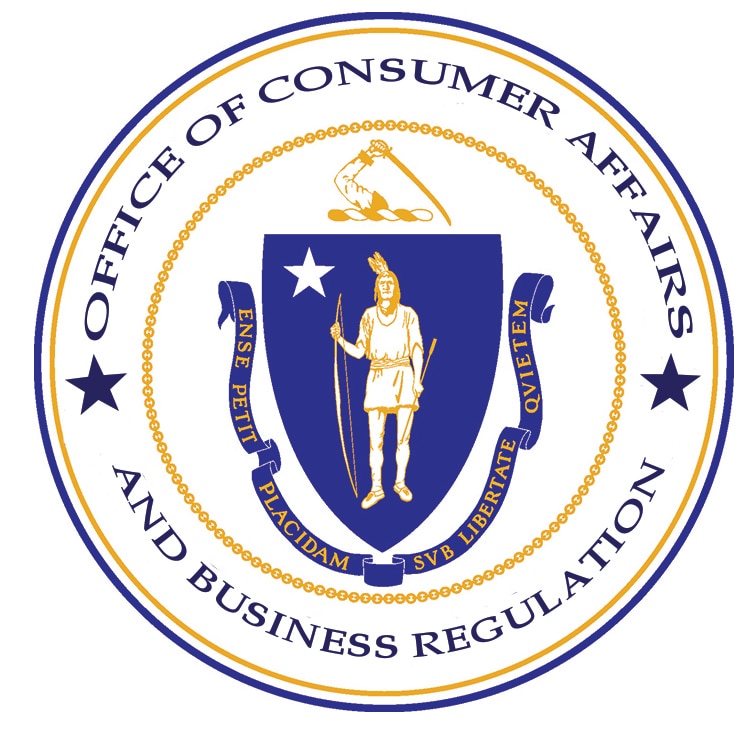- Division of Insurance
- Office of Consumer Affairs and Business Regulation
Boston — The Baker-Polito Administration’s Division of Insurance (Division) is advising consumers that Aliera, a company that markets itself as a health care sharing ministry, may be operating illegally in Massachusetts.
Previously, Aliera acted as a plan administrator to Unity Healthshare, which is a qualified health care sharing ministry. Health care sharing ministry plans allow groups of people with a religious affiliation to share in the costs of members’ health care. These plans are exempt from the Division’s oversight.
A recent Georgia court order found that Aliera, a for-profit company, misrepresented itself to its members and state regulators as a health care sharing ministry and consumers who purchased an Aliera product may have coverage from an unlicensed insurance company.
Unity Healthshare, now known as OneShare Health, was authorized by the court to reach out to Unity members about their options, and consumers who have purchased a Unity/Aliera product should be aware that they may be receiving this communication.
“Massachusetts residents should be clear about what their health insurance does and does not cover,” said Insurance Commissioner Gary Anderson. “Unlicensed health insurance plans may leave consumers with significant bills for medical services that are not covered.”
Health insurance plans purchased from an unlicensed insurance company do not comply with the Affordable Care Act, do not meet Minimum Creditable Coverage requirements and typically do not pay for medical treatment and services. Consumers should also use caution when considering alternatives to traditional health insurance plans, such as discounted health insurance plans or health care sharing ministries, as these plans, while legal, do not offer the same consumer protections as a traditional insurance plan and may not guarantee payments for or discounts on medical services and expenses.
Before purchasing a health insurance plan, consumers are advised to:
- Always confirm the company or agent offering the coverage is licensed in Massachusetts.
- Review plan documents carefully and ask questions of your insurance agent to ensure the coverage is right for you or your family. There are many different types of health plans offered in Massachusetts, such as Preferred Provider Plans (PPP), Health Maintenance Organizations (HMO), and Indemnity plans. Before making a choice, be sure to check if a plan has a provider network and whether your current physicians and area hospitals are in it.
- Calculate your healthcare costs from recent years and try to estimate what your costs might be for the coming year. Don’t forget to include the cost of doctor visits, daily medication, and any planned procedures. Then make a list of the premiums, out-of-pocket expenses and benefits under each plan. Co-payments, coinsurance, deductibles, and additional charges for wellness care or certain services, such as alternative medicine and cosmetic surgery, are examples of out-of-pocket expenses that you may pay.
- Understand any restrictions or exclusions on pre-existing conditions. In Massachusetts, all health insurance plans must have minimum essential benefits requirements, including preventive care and mental health care.
- Report unlicensed companies to the Division of Insurance.
The Division of Insurance is an agency within the Office of Consumer and Business Regulation. Consumers with questions or concerns about a health insurance plan or company are urged to visit the Division’s website at www.mass.gov/doi or to contact the Division’s Consumer Services Section at (617) 521-7794 or (877) 563-4467 (Toll Free).
The Office of Consumer Affairs and Business Regulation (OCABR) oversees five regulatory agencies: Division of Banks, Division of Insurance, Division of Professional Licensure, Division of Standards, and the Department of Telecommunications and Cable. OCABR also oversees the state’s Lemon Laws and Lemon Law Arbitration, Data Breach reporting, Home Improvement Contractor Programs, and the state’s Do Not Call Registry. Learn more about OCABR at mass.gov/consumer.

